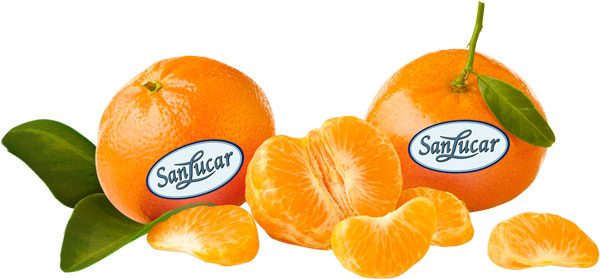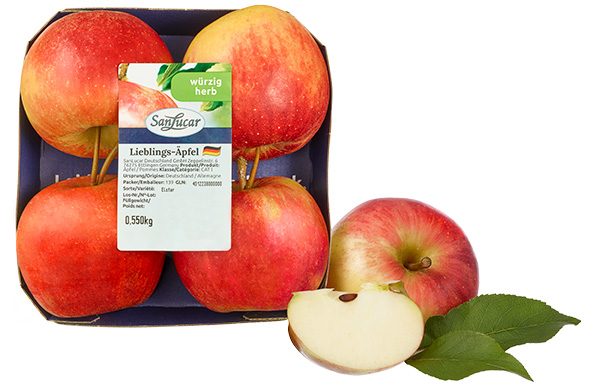Use fruit and vegetables to boost your defences
Do you really know what is happening in our bodies every day? A whole army of immune cells is fighting for our health. This usually works really well, but only in the cold season viruses can stun the immune system again and again. That is why we should support our organism.
It’s always so fascinating: recently, I had the opportunity at a university to look through an incredibly expensive microscope, to look at cold viruses. 50,000 of them fit comfortably on the head of a pin. But the professor said that just ten of them were enough to take down the immune system. In order to stoke my anxiety, he also said that more than 220 different strains are constantly whirling through the air and are looking for a host. Especially in the winter, they find it particularly easy to find their victims. Because when leaving warm rooms to the fresh air, our blood vessels do not contract quickly enough. As a result, the body’s defence team is only able to move forward in the snail’s pace. In addition, the mucous membranes dry out in your mouth and nose by being in heated rooms. The result: our most important protective shield against these parasites is eroded.

When the professor noticed my mounting panic, he reassured me. Fortunately we are not powerless. Billions of immune cells are distributed throughout the body waiting for germs that make us ill. This endogenous patrol is always vigilant and looks out for perilous intruders. In order for the defensive group to be able to deal with the viruses with all its might, however, we need our support it – and that is where nutrition comes first. Vitamins, minerals, trace elements, amino acids and enzymes are vitally important. A pill from the pharmacy is not necessary, because all this is abounding and in optimal composition in fruit and vegetables.



